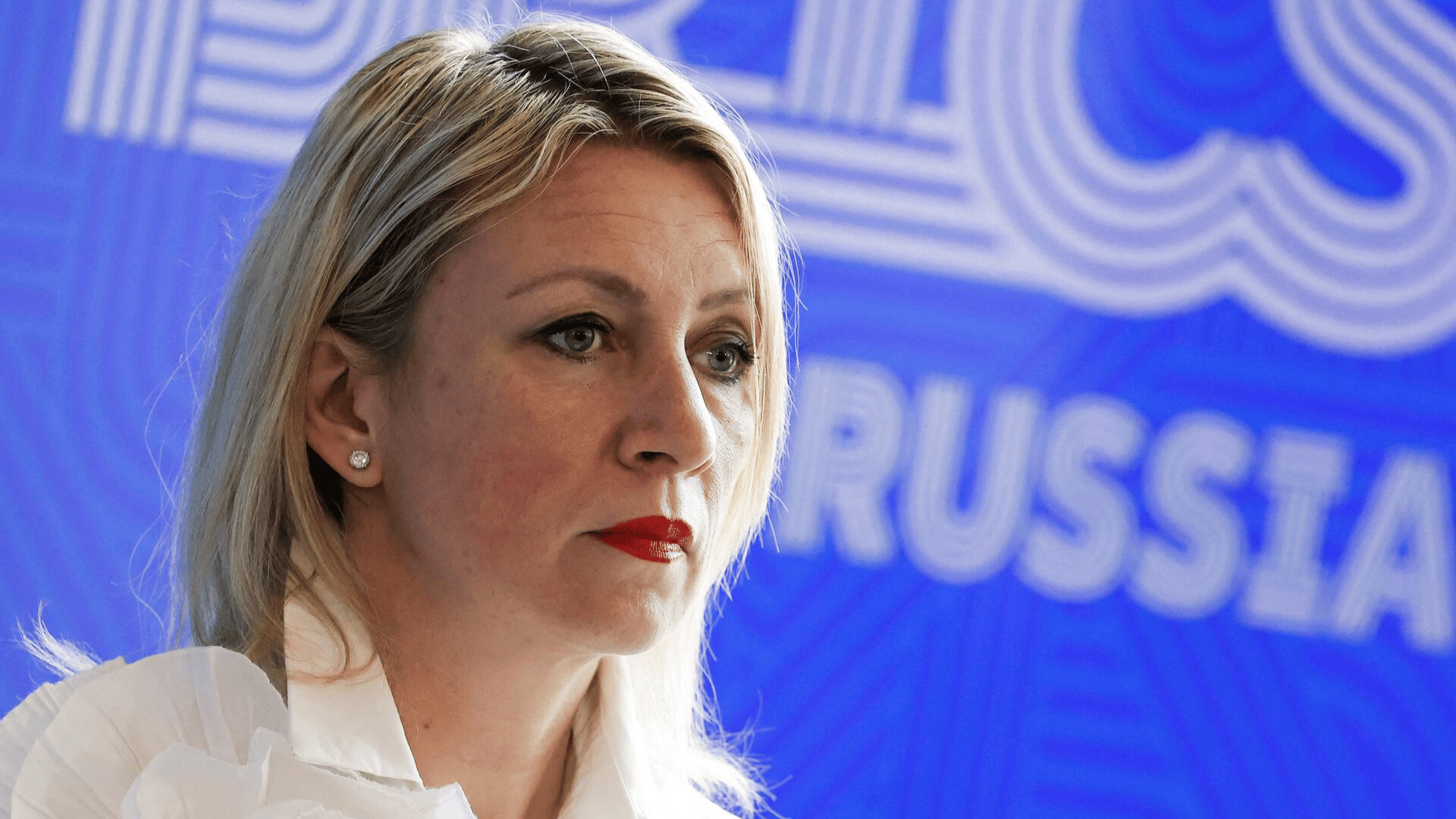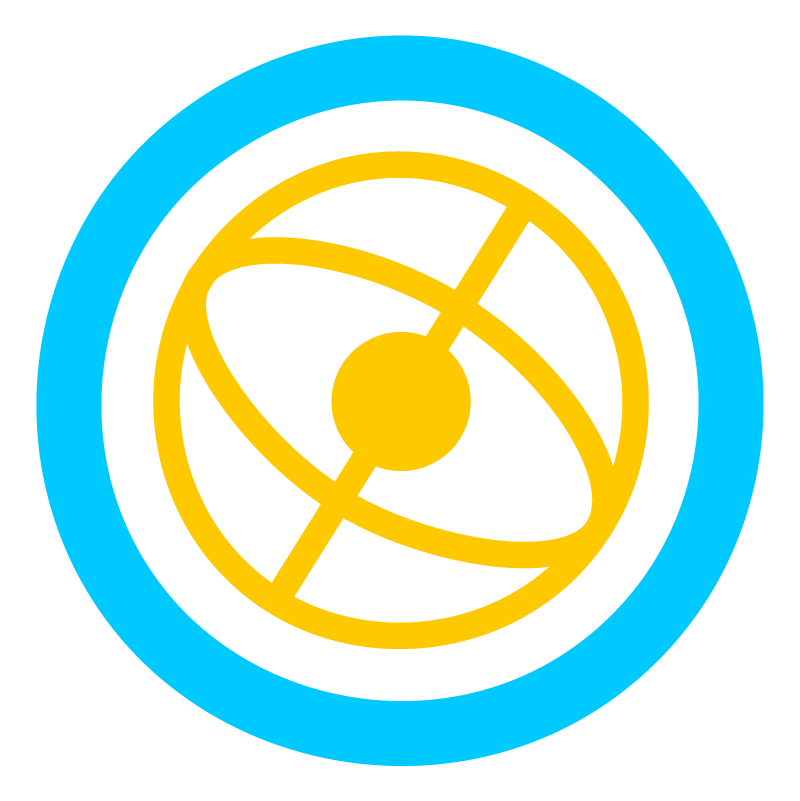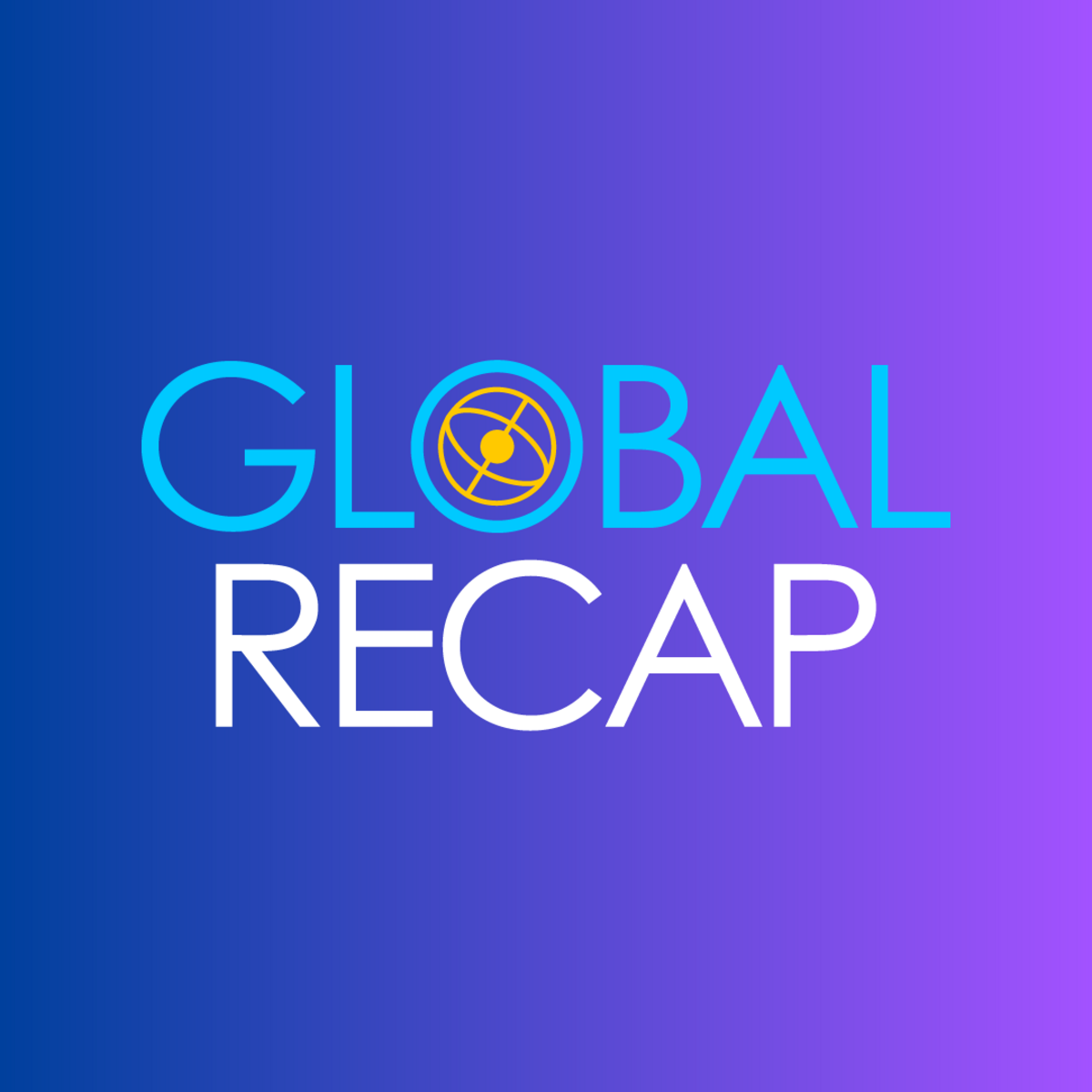
Hi Global Recap readers,
For a while now, a bunch of my friends have been ranting about how Australia’s totally cooked.
At first, I figured if things were really that bad, voters will kick out Prime Minister Albanese in the 2025 election.
But nope. He got reelected in May. And now they’ve banned YouTube for anyone under 16.
🤔 Are my friends just a loud minority, or do most Australians actually support this?
🌐 WORLD
Fast Scroll News
🇨🇦 Canada Backs Palestine
Canada just said it’ll officially recognize a Palestinian state in September, Prime Minister Mark Carney told reporters in Ottawa.
Carney says this lines up with France’s and the UK’s September plans.
The Palestinian Authority promised “much needed reform” and elections in 2026—Hamas won’t be allowed to run.
Israel’s government instantly slammed the move as “a reward to Hamas.”
Carney insists Canada still supports Israel’s right to security, but says peace needs “a viable and stable Palestinian state.”
📌 Context: Ironically, Mahmoud Abbas has led the Palestinian Authority since 2005 without holding new elections. Can he be trusted to suddenly promise election reform?
🇲🇽 Cartels Train in Ukraine

Mexican volunteers in Ukraine
Mexican cartel members are reportedly fighting in Ukraine, not because of patriotism, but to learn how to use FPV drones for their turf wars back home.
Mexican intelligence warned Ukraine’s SBU that some volunteers joined the International Legion to pick up drone warfare skills.
Ukraine’s SBU and GUR are now investigating Spanish-speaking fighters, especially in the Tactical Group Ethos.
Cartels like CJNG and Sinaloa are already using FPV drones in Mexico, but want to upgrade their tactics to target rivals and armored “monstruo” vehicles in their ongoing drug wars
Kyiv officials admit Ukraine has become a “platform for the global dissemination of FPV tactics.”
🇷🇺 Russia Slams Iran Threats

Spokeswoman of Russian Foreign Ministry Maria Zakharova
Russia just called out the US and Israel for threatening more attacks on Iran’s nuclear sites, warning the world not to treat bombing as “routine.”
Russian Foreign Ministry’s Maria Zakharova said the constant threats are “serious concern” and slammed the “cynicism” of justifying strikes as nonproliferation.
The US and Israel hit Iranian nuclear facilities in June, claiming they want to stop Iran from building nukes, but Tehran denies it’s even trying.
Russia and Iran have gotten closer since the Ukraine war, even signing a strategic partnership this year.
🇬🇧 UK Judge Greenlights Challenge

A High Court judge just gave Palestine Action’s co-founder Huda Ammori the go-ahead to fight the government’s ban on her group in court.
Judge Chamberlain said the ban could seriously degrade free speech and protest rights.
More than 200 people have been arrested since the July 5 ban put Palestine Action on the same list as Islamic State and Boko Haram.
The judge called out police for arresting people over things like “Free Gaza” signs and said the ban might be a “disproportionate interference” with rights.
📌 Context: Palestine Action is a "direct action group" targeting UK arms suppliers linked to Israel. The government banned it under anti-terror laws.
🇮🇳🇧🇷 Trump Slaps Tariffs

Indian PM Modi (left) and US President Trump (right)
Trump just hit India with a 25% tariff and jacked Brazil’s up to 50%, all while cutting South Korea a deal to lower its duties to 15%.
India’s penalty is tied to its heavy buying of Russian energy and weapons.
Brazil’s hike comes after Trump slapped sanctions on Brazilian Supreme Court Justice Alexandre de Moraes for prosecuting the ex-Brazilian-President Bolsonaro.
However, tariffs skip big exports like orange juice, planes, and energy, but coffee and beef could get pricier.
South Korea dodged a 25% tariff by agreeing to invest $350 billion in the US and buy $100 billion in American energy.
Trump previously set August 1 as the final deadline to strike a deal, or face harsh tariffs

🇦🇺 AUSTRALIA
YouTube Joins
Teen Ban List
Australia just roped YouTube into its under-16 social media ban, after first letting it slide. Now, every kid under 16 is officially locked out of the world’s biggest video site, starting December.
Here are the details: 👇
Why YouTube’s Out

The government had initially let YouTube slide, but not anymore.
A survey showed 37% of kids found “harmful content” on YouTube.
The internet regulator flagged this, prompting a U-turn.
Communications Minister Anika Wells: “There’s not a place for predatory algorithms targeting children.”
What the Ban Covers

This isn’t just about YouTube though. Australia’s going all in on teen social media.
Now, kids under 16 can’t have accounts on YouTube, Facebook, Instagram, Snapchat, or TikTok.
The law kicks in December 10, 2025.
These Platforms could face fines up to 49.5 million Australian dollars if they don’t comply.
Platforms must verify users’ ages and block under-16s from signing up or using their services.
The government expects platforms to use technical measures (like age verification tools) to comply.
YouTube’s Pushback

YouTube’s not happy and wants everyone to know.
A YouTube spokesperson insists, “YouTube is not social media.”
They say it’s a “video sharing platform” mostly watched on TVs.
YouTube’s hinting at a fight, saying they’ll “consider next steps.”
What’s Next for Australia?
This could get messy, fast.
Alphabet (YouTube’s parent) has a history of clashing with Australian lawmakers.
In 2021, Google threatened to pull services over a news payment law that forces it to pay news outlets for featuring their content on Google's searches.
PM Albanese says, “We have [parents’] backs”—but the tech giants aren’t backing down.
Debate
So, is this government stepping out of line or just stepping up?
Supporters: Prime Minister Albanese says this is a win for kids: "Young Australians will benefit from three more years free from algorithms - to grow, to connect and to build resilience in the real world."
For example, the government already regulates things like cigarettes and other substances that affect our bodies.
Supporters argue that algorithm-driven platforms are just the digital equivalent—designed to hook users and keep them locked in.
Critics: the Australian government is crossing a line, stepping into family territory where parents should be calling the shots.
Are they really protecting kids, or are they just limiting how families raise and discipline their own children?
In the announcement above, Albanese mentions that parents are constantly looking for ways to pull their kids away from screens and claims this law is a step in the right direction. But isn’t this really just parents offloading their job onto the government because they can’t (or won’t) handle it themselves?
Poll
For transparency: I am part of the “skeptical” camp. I’m generally wary about turning everything one can think about into law because even well-meaning ones can backfire.
What starts with good intentions can end up eating away at our freedoms, especially for parents and regular citizens.
And the worst part? It usually happens little by little, until one day, we realize how much we’ve lost. Future generations won’t feel the gradual change because, with every new generation, we lose context of what their parents once had.



